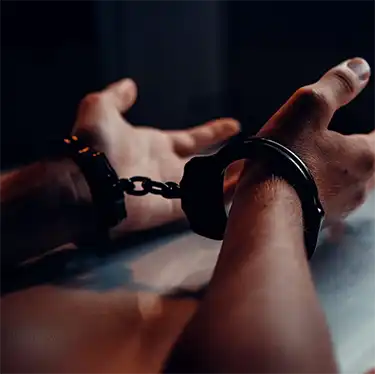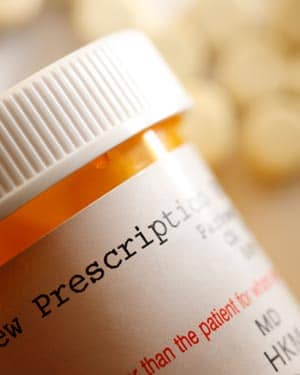How Drug Busts Occur in Canada
In Canada, drug busts result from coordinated efforts between various law enforcement agencies. Whether it’s street-level dealing or organized trafficking, drug busts are rarely spontaneous—they’re the result of careful planning and cooperation among multiple law enforcement agencies monitoring drug activities.
They carefully coordinate drug busts to ensure safety and maximize the likelihood of success. Specialized units—such as tactical teams, drug enforcement units, or canine teams—may be called in.
While sometimes complex and time-consuming, the process reflects Canada’s emphasis on due process and thorough evidence gathering.

Do We Have a Drug Enforcement Agency in Canada?
The answer is no. Canada does not have a single, centralized drug enforcement agency like the Drug Enforcement Administration (DEA) in the United States.
Instead, drug enforcement responsibilities are distributed across several federal, provincial, and municipal agencies. Each have distinct roles in preventing, investigating, and regulating drug-related activity.
Often these agencies work in collaboration to combat everything from street-level drug sales to large-scale international trafficking.
What Are These Agencies?
So while there is no standalone agency like the U.S. DEA, drug enforcement in Canada is shared among federal, provincial, and local authorities, with the RCMP playing the most comparable role.
1 888-488-8434
Get immediate
help for addiction.
1 . Royal Canadian Mounted Police (RCMP)
The RCMP serves as Canada’s national police service and is the lead agency for federal drug enforcement. Its mandate includes:
- Investigating drug trafficking, importation, and production
- Disrupting organized crime groups involved in drug distribution
- Monitoring illicit drug trends and networks across provinces and territories
The RCMP operates specialized units such as the Federal Serious and Organized Crime (FSOC) division. It targets large-scale operations, including those involving international drug cartels.
Officers conduct undercover work, surveillance, and intelligence gathering. They also collaborate with international partners such as the U.S. DEA, Interpol, and Europol for imports and drug busts.
They also support provincial and local forces when organized drug activity spans multiple jurisdictions.
2 . Canada Border Services Agency (CBSA)
The CBSA plays a critical front-line role in preventing illegal drugs from entering or leaving the country. This agency:
- Screens travelers, vehicles, cargo, and mail at airports, land borders, and seaports
- Uses tools like X-ray scanners, detector dogs, and intelligence systems to detect illicit substances
- Works closely with the RCMP and international customs agencies when large shipments or smuggling operations are uncovered
The CBSA’s efforts have led to major drug seizures involving cocaine, fentanyl, heroin, methamphetamine, and other dangerous substances being trafficked across borders.
3 . Health Canada
While the RCMP and CBSA handle enforcement and coordinate drug busts, Health Canada oversees the regulation and licensing side of controlled substances under the Controlled Drugs and Substances Act (CDSA). Their responsibilities include:
- Approving and monitoring the manufacturing, distribution, and prescribing of legal narcotics and pharmaceuticals
- Regulating entities such as pharmacies, physicians, pharmaceutical companies, and licensed cannabis producers
- Investigating and taking action against non-compliant health professionals or organizations involved in misuse or overprescription of controlled substances
Health Canada plays a vital role in maintaining the balance between legitimate medical use and preventing diversion to illegal markets.

4 . Provincial and Municipal Police Forces
Each province and major cities in Canada have its own police force, which handles local drug-related crimes, particularly:
- Street-level drug dealing and possession
- Clandestine drug labs and illegal grow operations
- Community education and outreach programs focused on harm reduction and prevention
Some larger municipal forces, such as the Toronto Police Service, Vancouver Police Department, and Sûreté du Québec, have dedicated drug squads or gang units. They deal with local trafficking, gang activity, and overdose response initiatives.
These forces also work with health services to respond to the ongoing opioid crisis using a mix of law enforcement and public health strategies.

A Collaborative Approach
While Canada lacks a single agency equivalent to the U.S. DEA, it relies on a multi-agency framework that allows for specialization and cooperation across different levels of government.
The RCMP comes closest in terms of federal-level drug enforcement authority, especially for major organized crime and cross-border investigations. Canada’s model reflects its approach to drug policy—combining enforcement, regulation, and public health in a coordinated effort to address substance-related harm and drug busts.

Marc J. Bernard
Author,
Substance Use Disorder & Recovery Professional,
Referral & Consultation Counsellor

